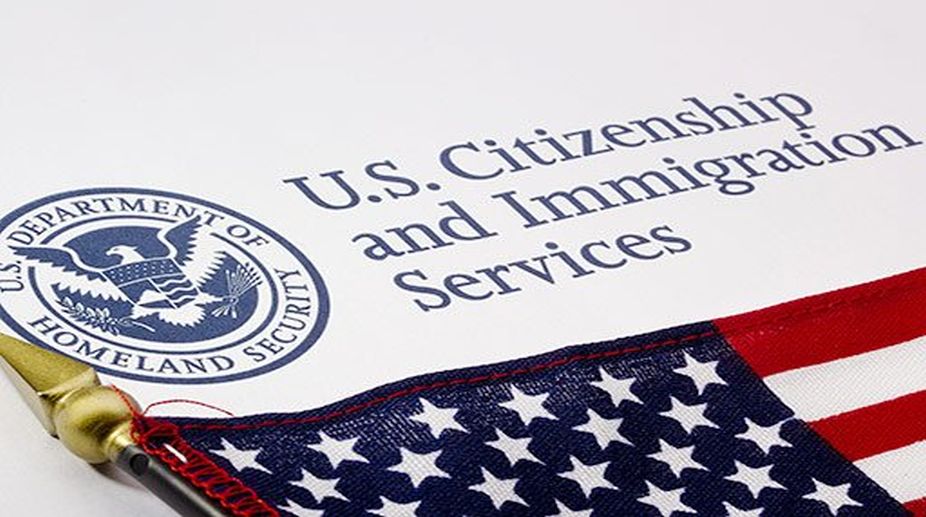US Labour Secretary Alexander Acosta has called for increasing the minimum salary of foreign workers on H-1B visas, the most sought-after by Indian IT firms, from the existing USD 60,000 to at least USD 80,000.
Acosta told a Congressional panel that it would address to a large extent the problem of replacement of American workers by foreign workers coming to the US on H-1B visas.
Advertisement
“Congress has not updated that USD 60,000 threshold over time. If Congress were to update that simply for inflation, it would bring it up to well over USD 80,000 and many if not most of the situations like you have identified, would be eliminated because they would be below that USD 60,000 threshold,” Acosta told members of the Senate Appropriations Subcommittee on Labour, Health and Human Services, Education and Related Agencies.
“And so perhaps when that was enacted way back one, that was appropriate threshold, but I would encourage the Senator to look at that issue because I can't imagine how one explains the American worker that they have to train their foreign replacement and it has happened again and again and again,” Acosta said responding to a question from Senator Richard Durbin.
Durbin mentioned the name of a pharmaceutical company in Chicago that told 150 of its IT workers, who had been with them for years, that there were being terminated.
“They were terminated as long would get an extra benefit for their termination of one month of pay for every year of work if they agree to two things. First, they don't say anything publicly about being fired. Secondly, they train their replacements. The replacements were H-1B visa holders from India,” Durbin alleged.
He claimed that more than half the H-1B visas go to two major outsourcing companies in India.
“What were those H-1B workers going to do? They were going to replace the American workers. So these pharmaceutical employees were required to train their replacements on the job as they walked out the door, the Americans walked out the door,” Durbin said.
“And then the jobs were outsourced to India after these workers were trained,” he said.











